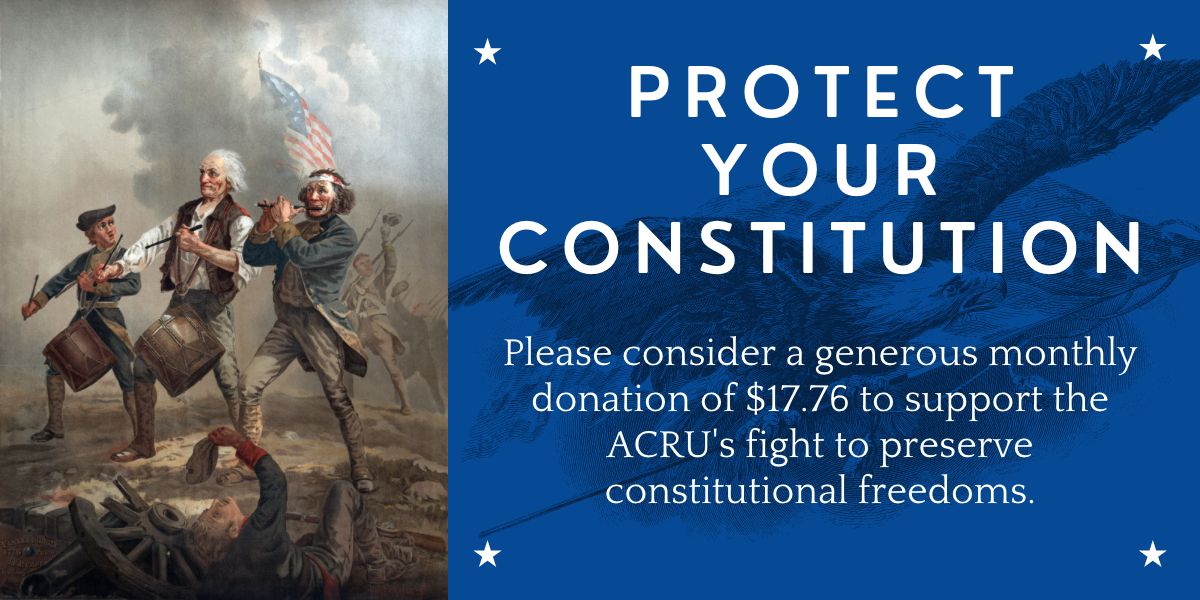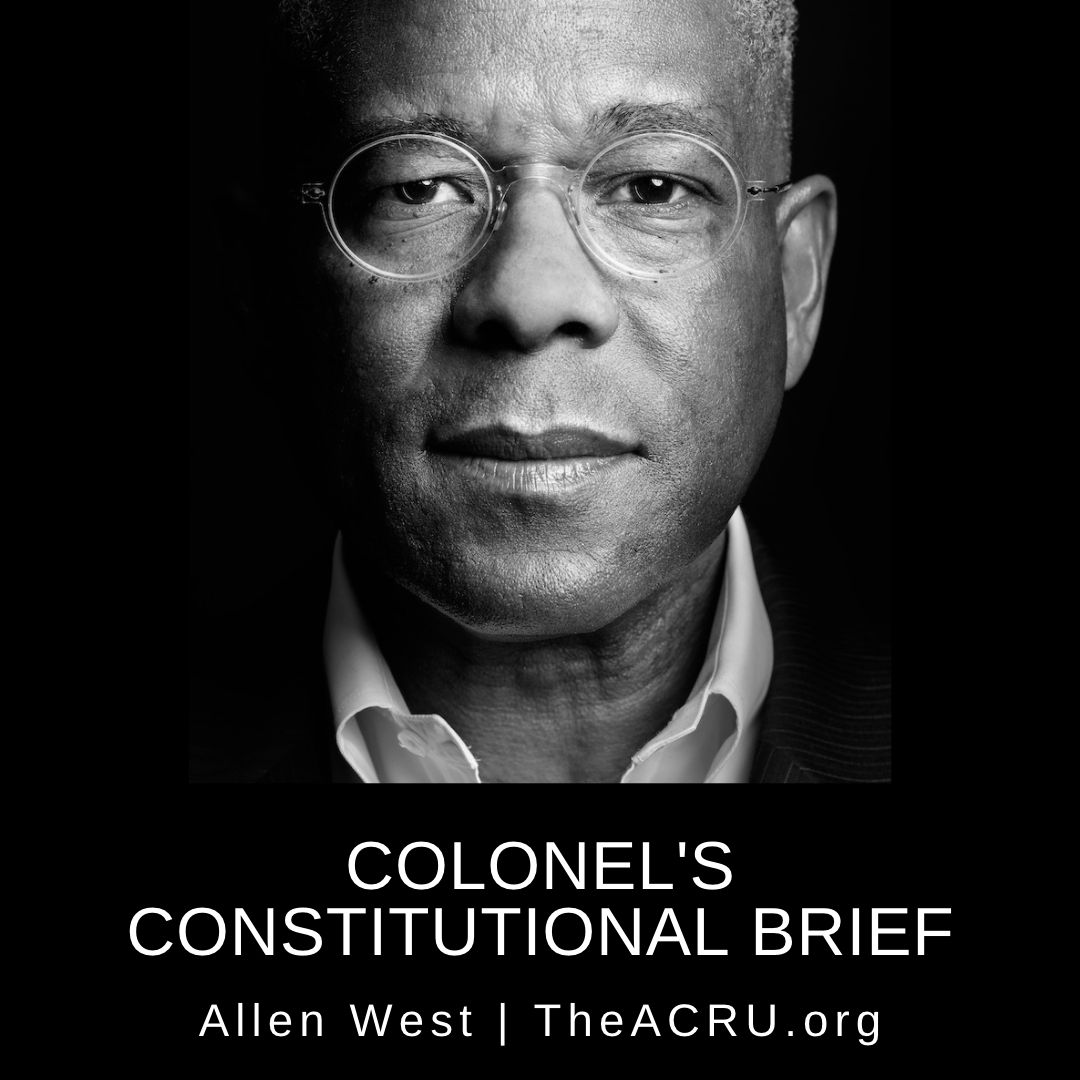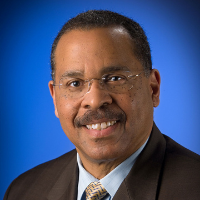Kagan Balks at Obama EEOC Claim of Authority over Churches
ACRU Staff
October 12, 2011
This column by ACRU Senior Legal Analyst Ken Klukowski was published October 11, 2011 on The Washington Examiner website.
President Obama’s Equal Employment Opportunity Commission claimed during oral arguments before the U.S. Supreme Court last week that it can order a church to restore a fired minister to a teaching position.
But that was a claim not even the president’s handpicked appointee, the very liberal Justice Elena Kagan, could accept as she and her colleagues considered Hosanna-Tabor Evangelical Lutheran Church and School v. EEOC.
The Lutheran Church–Missouri Synod requires all permanent teachers in its church schools to be ordained ministers. One minister-teacher, Cheryl Perich, violated church doctrine by suing the church.
She went on medical leave, forcing the school to find a replacement. Perich insisted on being able to return midyear despite the position having been filled.
The EEOC ordered Perich to be reinstated. For decades, federal courts have applied a “ministerial exception” to federal employment laws for pastors, priests and rabbis.
In Hosanna-Tabor Evangelical Lutheran Church and School v. EEOC, the Supreme Court considered whether this exception exists, and, if so, whether it covers Perich.
Hosanna-Tabor was represented by religious-law Professor Douglas Laycock. He began by saying that EEOC violated a bedrock constitutional principle that churches do not select government leaders and government does not select church leaders.
But he had problems during oral argument. One came from Justice Anthony Kennedy (who is likely the swing vote in this case), concerned that someone suffering retaliation from a church employer couldn’t present his or her claims in court.
Laycock rebutted that substantial church interests should bar civil trials, and Kennedy objected that you can’t know if substantial interests are at stake unless someone presents them in court.
Justice Antonin Scalia came to Laycock’s rescue, saying, “I think your point is that it’s none of the business of the government to decide what the substantial interest of a church is.”
The justices then rejected the argument of Leondra Kruger, Obama’s lawyer for the EEOC, who argued that there’s no ministerial exception in the Constitution, only the same rights that secular organizations possess to choose their own affiliations.
At this, Scalia exploded. “That’s extraordinary! There, black on white in the text of the Constitution, are special protections for religion. And you say it makes no difference?”
Kagan agreed with Scalia’s rejection of the argument that the First Amendment doesn’t protect churches from government ordering who they should hire as pastor or priest.
Justice Samuel Alito (a Catholic) made a critical point, asking if a Catholic priest married and the church removed him from ministry for violating Catholic doctrine, could the EEOC order him reinstated.
When Kruger answered no, Alito replied that EEOC was making a judgment that certain teachings — such as the Catholic belief that priests must be celibate — are more important than the Lutheran doctrine that ministers cannot sue the church.
Chief Justice John Roberts (also Catholic) agreed, saying, “You’re making a judgment about how important a particular religious belief is to a church.” Government cannot make such theological judgments.
Roberts also asked who the exception applies to beyond ministers. Laycock fumbled the answer, saying how much time the employee spends on religious activities must be considered.
What would perhaps have been a better argument is that a court should apply a two-step test. First, if a church employs an ordained minister of that faith, holding ecclesiastical office, then the ministerial exception always applies.
If the person is not an ordained clergyman, then courts can look to the employee’s duties to see if they are religious in nature, such as preaching, pastoral counseling or teaching theology. If so, then the ministerial exception still applies.
The court will likely announce its decision in the case early next year. If the justices decide government can tell churches whom to hire and fire, it will seriously diminish religious liberty, one of America’s founding principles.
JOIN ACRU's PATRIOT CLUB






